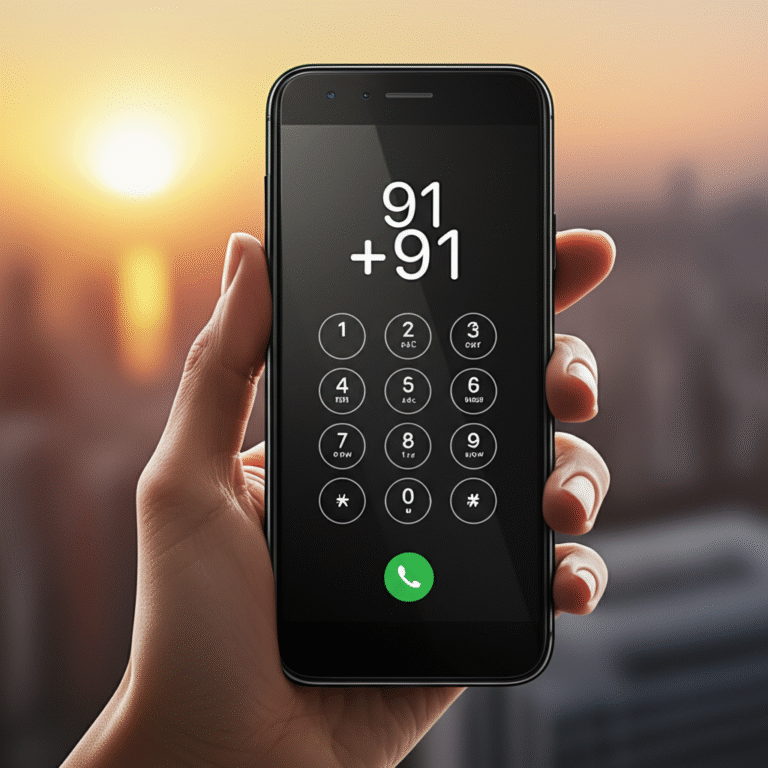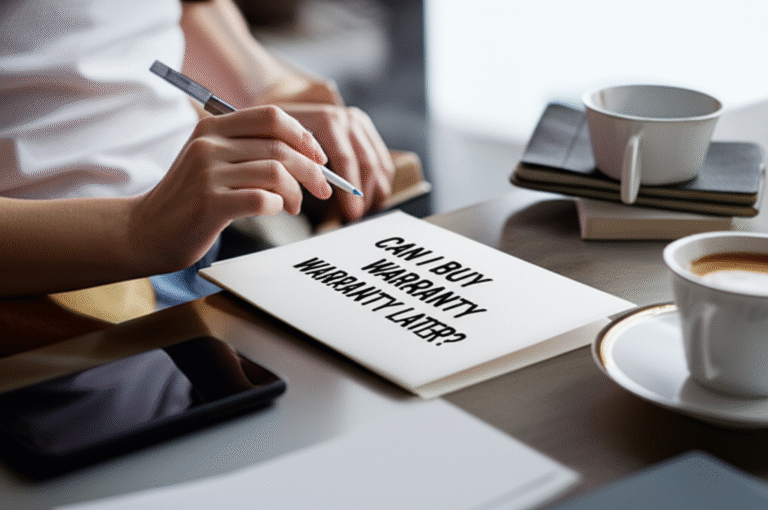How to Get Equivalency Certificate UAE: Essential Guide

Transform your foreign qualifications into recognized UAE credentials with this straightforward guide. We’ll walk you through the simple steps to get your Equivalency Certificate, ensuring your academic and professional journey in the Emirates is smooth sailing.
Moving to a new country, especially one as dynamic as the UAE, often comes with a list of important tasks. One of these, particularly if you’re looking to continue your education or practice your profession, is ensuring your qualifications are recognized. This is where the Equivalency Certificate comes in. It’s a crucial document that essentially translates your foreign academic degrees or certificates into a format understandable and acceptable within the UAE’s educational and professional framework. It might sound a little daunting, but trust me, with a little guidance, it’s a process you can navigate with ease. We’re here to break down exactly what you need to do, step-by-step, so you can feel confident and prepared.
What Exactly is an Equivalency Certificate in the UAE?
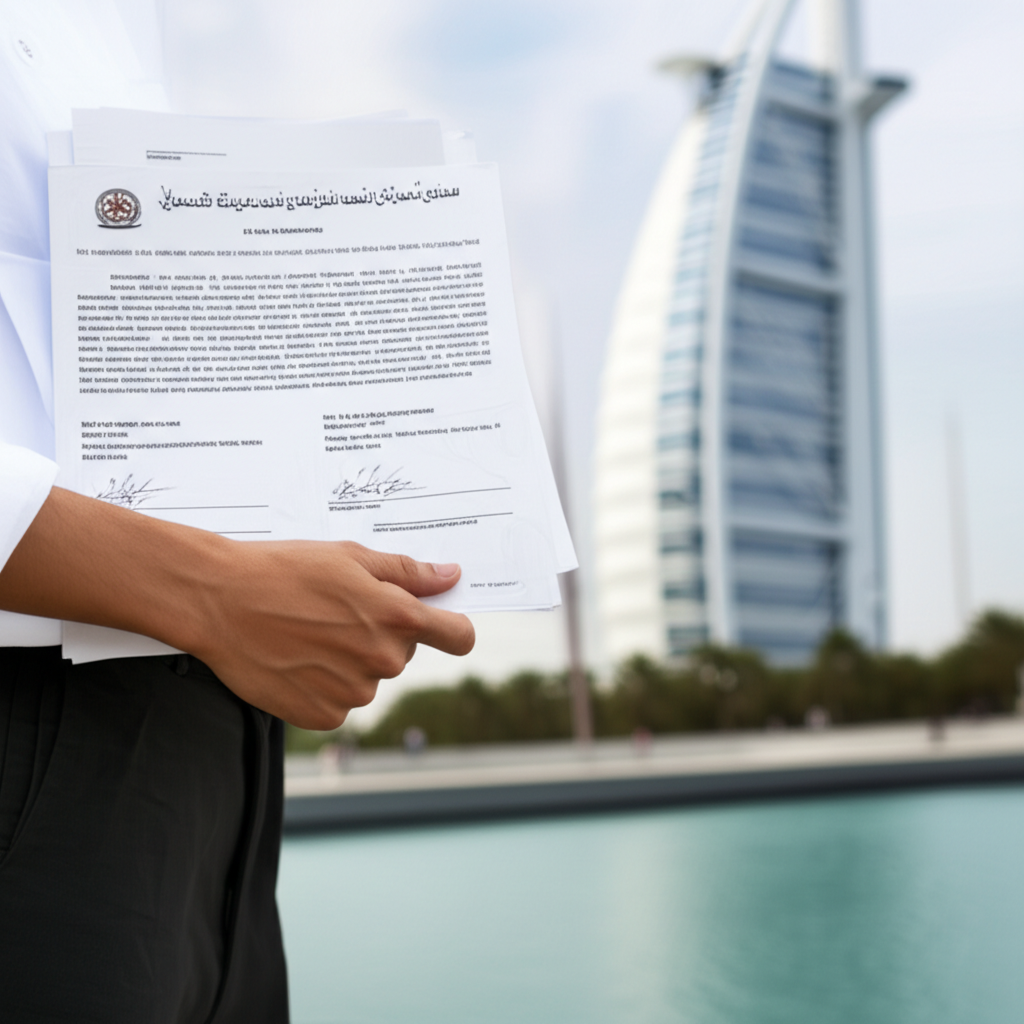
Think of the Equivalency Certificate as a stamp of approval from the UAE’s Ministry of Education. It verifies that your academic qualifications obtained from institutions outside the UAE are indeed legitimate and equivalent to the degrees or diplomas awarded by UAE educational institutions. This certificate is often a mandatory requirement for:
Higher Education Admissions: If you plan to pursue further studies at a university or college in the UAE.
Professional Licensing: For many professions, like medicine, engineering, teaching, and law, this certificate is essential to practice legally.
Employment: Some employers, especially in government sectors or highly regulated industries, may require it to confirm your educational background.
Visa Applications: In specific cases, it might be needed as part of certain residence or employment visa processes.
The primary goal of this certificate is to maintain the quality and standards of education and professional practice within the UAE. It ensures that everyone working or studying in the country meets a recognized level of qualification.
Why Might You Need One?
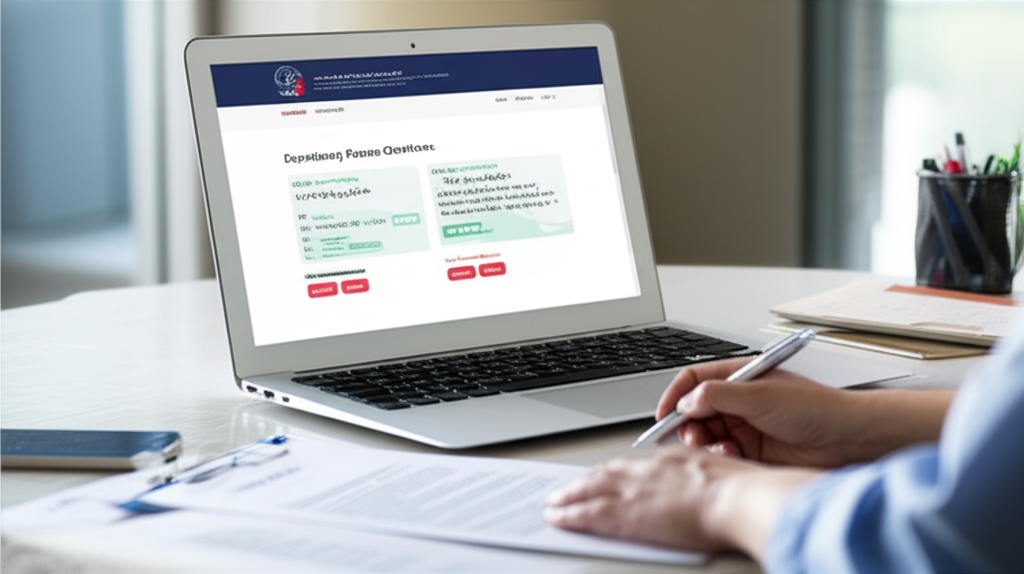
The need for an Equivalency Certificate arises from the UAE’s commitment to a robust and standardized academic and professional landscape. When you present a degree from, say, the UK or India, the UAE Ministry of Education needs a way to confirm its standing compared to their own system. This isn’t about questioning your qualifications, but rather about ensuring a uniform benchmark for everyone.
For example, an engineering degree from a reputable university in Canada might be perfectly valid, but the UAE Ministry of Education needs to formally equate it to the UAE’s standard engineering degree to allow you to practice as a licensed engineer here. Similarly, if you want to enroll in a Master’s program at a UAE university, they’ll want to see that your Bachelor’s degree is equivalent to a UAE Bachelor’s degree.
Understanding the Issuing Authority: The Ministry of Education (MOE) UAE
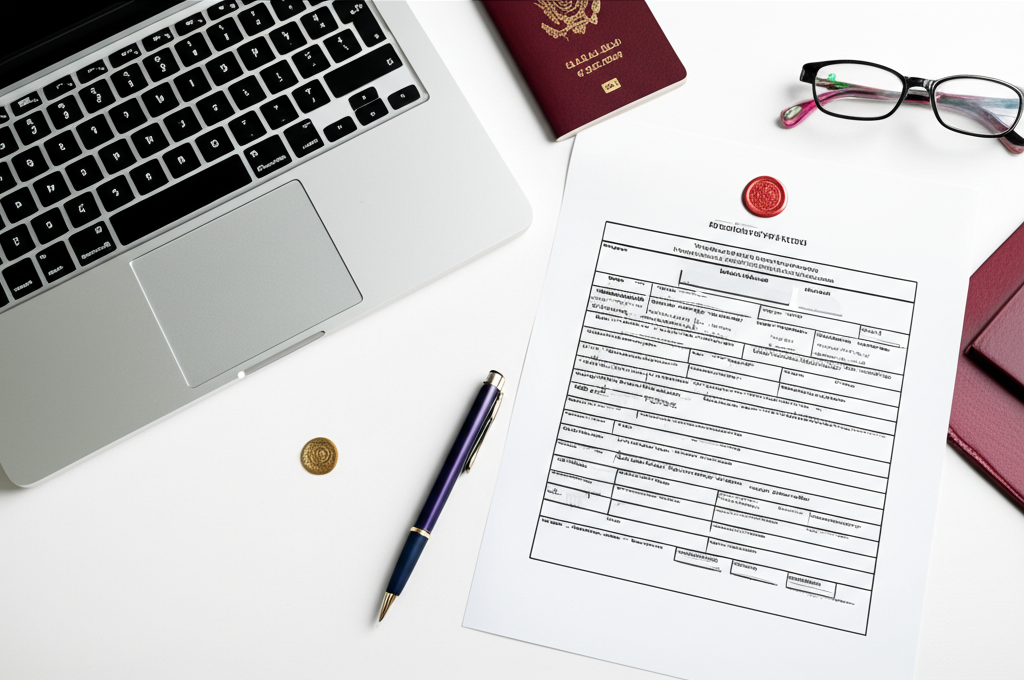
In the UAE, the responsibility for issuing Equivalency Certificates for academic degrees lies with the Ministry of Education (MOE). They are the official body that assesses foreign educational credentials. It’s their thorough evaluation process that gives your certificate its official standing in the Emirates.
While the MOE is the ultimate authority, the process has significantly streamlined over the years, with a strong emphasis on digital services. This means you can often complete much of the application process online, which is fantastic for those who are already in the UAE or have busy schedules.
The Key Document: Attestation vs. Equivalency
Before we dive into the steps, it’s important to clarify a common point of confusion: attestation and equivalency.
Attestation: This is the process of verifying the authenticity of a document by various government departments, starting from the issuing country and ending with the UAE Embassy in that country, and finally the UAE Ministry of Foreign Affairs (MOFA). It confirms that the document is genuine and was issued by the stated authority.
Equivalency: This is a separate process, specifically for academic degrees, where the UAE Ministry of Education determines if your foreign degree is comparable to a UAE degree.
You will often need both attestation and equivalency for your academic documents if you intend to use them for professional licensing or higher education. The equivalency process usually requires your degree to be attested first. So, it’s like a two-pronged approach to fully validate your qualifications.
Step-by-Step: How to Get Your Equivalency Certificate in the UAE
Okay, let’s get down to the practicalities! The process can seem extensive, but by following these steps systematically, you’ll be well on your way.
Step 1: Gather Your Essential Documents
This is perhaps the most crucial step. Having all your documents ready and correctly organized will save you a lot of time and potential headaches.
Original Degree/Certificate: You will need the original copy of the degree or diploma you wish to get equated.
Official Transcript(s): This is a detailed record of all the courses you took, the grades you received, and the credit hours. It should be attested.
Attested Copy of Your Passport: Ensure your passport copy is valid and clearly shows your personal details.
Emirates ID (if applicable): If you are already a resident in the UAE, your Emirates ID will be required.
Original Attested Educational Documents: This is key. Your degree, transcript, and any other relevant academic documents must be attested by the relevant authorities in the country of origin. This typically involves:
The University/Institution where you studied.
The Ministry of Education in the country of origin.
The UAE Embassy or Consulate in the country of origin.
The Ministry of Foreign Affairs (MOFA) in the UAE.
(Note: The exact attestation sequence can vary, so it’s wise to check with an attestation service or MOFA UAE for the most current requirements.)
Translated Documents (if not in Arabic or English): If your degree or transcript is not in Arabic or English, you will need an official sworn translation.
Accreditation Certificate of the Issuing Institution: You might need proof that the institution you graduated from is officially recognized and accredited in its home country. This is often a document from the Ministry of Higher Education or a similar body in that country.
Course Description/Syllabus: In some cases, you may be asked to provide a detailed description of the courses you studied. This helps the MOE understand the content and depth of your program.
Pro Tip: It’s highly recommended to get your documents attested before you come to the UAE, if possible. This can often be a more straightforward and less expensive process than arranging it from within the UAE.
Step 2: Check the Equivalency Requirements
The Ministry of Education has specific criteria for equivalency. These can vary depending on the country of origin, the type of degree (e.g., Bachelor’s, Master’s, PhD), and the field of study.
Accreditation: The most important criterion is that the awarding institution must be officially recognized and accredited by the relevant educational authorities in its home country. The MOE maintains lists of recognized institutions.
Study Duration: The duration of your study program must meet the minimum requirements for the equivalent degree in the UAE. For instance, a Bachelor’s degree typically requires at least three years of full-time study.
Mode of Study: The MOE generally prefers degrees obtained through full-time, on-campus study. Distance learning, online degrees, or degrees obtained through unrecognized institutions may face more scrutiny or may not be eligible for equivalency.
Credit Hours: The total credit hours completed should align with the standards for the equivalent degree in the UAE.
You can often find detailed guidelines and lists of recognized institutions on the official UAE Ministry of Education website.
Step 3: The Application Process via the MOE Portal
The UAE Ministry of Education offers a comprehensive online portal for applying for the Equivalency Certificate. This makes the process significantly more accessible.
1. Create an Account: Visit the official UAE Ministry of Education website and navigate to the services section for academic equivalency. You will likely need to create an account if you don’t already have one.
2. Fill in the Application Form: Complete the online application form accurately. This will require details about yourself, your educational institution, your degree, and copies of your uploaded documents.
3. Upload Required Documents: Scan and upload all the necessary documents as per the instructions on the portal. Ensure the scans are clear and legible.
4. Pay the Fees: There will be a fee associated with the application. You can usually pay this online using a credit or debit card. The exact fee can be found on the MOE portal.
5. Submit Your Application: Once you’ve filled in all details and uploaded documents, submit your application.
6. Track Your Application: The portal will usually provide a tracking system so you can monitor the status of your application.
Important Note: Be patient. The evaluation process can take some time, depending on the complexity of your case and the volume of applications being processed.
Step 4: Document Verification and Evaluation
After submission, the MOE will begin the verification and evaluation process.
Document Verification: They will verify the authenticity of your submitted documents, including the attestations.
Academic Evaluation: Their specialists will assess your degree, transcript, and the curriculum to determine its equivalency to the UAE standards. This might involve comparing the course content, duration, and credit hours.
Contact with Institution (if necessary): In some cases, the MOE might contact your original institution to verify details or seek further information.
Step 5: Receive Your Equivalency Certificate
If your application is successful and your qualifications are deemed equivalent, the Ministry of Education will issue the Equivalency Certificate.
Collection: You will be notified when your certificate is ready. You may be able to download a digital copy, or you might need to collect a physical copy from a designated MOE office or service center.
Review: Always double-check the details on the certificate to ensure accuracy.
What if My Application is Rejected?
It’s not the end of the world if your application is initially rejected. The MOE usually provides a reason for rejection. Common reasons include:
Unaccredited Institution: The university or college was not recognized.
Insufficient Study Duration: The program length didn’t meet UAE standards.
Incomplete Attestation: Missing attestations on your documents.
Discrepancies in Documents: Information mismatch between documents.
If rejected, carefully review the reason provided. You may be able to rectify the issue and reapply. This could involve getting further attestations, providing additional documentation, or clarifying discrepancies.
How Long Does the Process Take?
The processing time for an Equivalency Certificate can vary significantly.
Standard Processing: Generally, it can take anywhere from 2 weeks to 2 months.
Complex Cases: Applications that require further verification, involve unusual degree structures, or come from countries with fewer established verification channels might take longer.
It’s always best to start the process as early as possible, especially if you have a deadline for employment or university admission.
How Much Does it Cost?
The fees for the Equivalency Certificate are set by the Ministry of Education. These fees are typically modest and are subject to change. You can find the most up-to-date fee structure on the official MOE website or their online portal.
In addition to the MOE fees, you will also incur costs for:
Document Attestation: This involves fees from various government departments in your home country and the UAE.
Translation Services: If required.
Courier Services: For sending documents if needed.
Consider using a reputable attestation service provider in the UAE to help navigate the attestation and equivalency process. While they charge a service fee, they can save you a great deal of time and effort, especially if you are unfamiliar with the procedures.
Frequently Asked Questions About Equivalency Certificates in the UAE
Here are some common questions people have when seeking their Equivalency Certificate.
Q1: Do I need to be in the UAE to apply for an Equivalency Certificate?
No, not necessarily. You can initiate the application process through the UAE Ministry of Education’s online portal from anywhere in the world. However, you will need to ensure your documents are properly attested in your home country, which might require your physical presence or the use of a reliable attestation service there.
Q2: Can I get equivalency for my online or distance learning degree?
This is a common question, and the answer can be complex. The UAE Ministry of Education generally prioritizes degrees obtained through full-time, on-campus study. While some online or distance learning degrees from highly reputable and accredited institutions might* be considered, it’s often more challenging. The MOE will scrutinize such applications very carefully, looking at the accreditation of the institution, the mode of delivery, and the recognition of such degrees in the home country. It’s best to check directly with the MOE or a trusted attestation service for specific cases.
Q3: What if my degree is from a very old institution that no longer exists?
If the institution has merged with another or ceased to exist, you’ll need to provide official documentation from the successor institution or the relevant government body in your home country that confirms the closure and the transfer of academic records. This documentation itself will also need to be attested.
Q4: My degree is in a specific specialization. How will that be equated?
The MOE will assess your degree based on the specialization mentioned on your transcript and degree certificate. They will compare the curriculum and course content of your specialization to equivalent programs in the UAE. It’s important to provide clear and detailed transcripts and course descriptions to aid in this evaluation.
Q5: What is the difference between a “Certificate of Equivalency” and a “Statement of Comparability”?
While often used interchangeably in casual conversation, the “Certificate of Equivalency” is the official document issued by the UAE Ministry of Education confirming that your foreign degree is comparable to a UAE degree. A “Statement of Comparability” might be a document issued by other organizations or educational bodies that offers an opinion on the level and content of your foreign qualification, but it does not carry the official weight of the MOE certificate. For most official purposes in the UAE, you need the MOE’s Certificate of Equivalency.
Q6: Can I get an Equivalency Certificate for a professional diploma or a vocational certificate?
The primary focus of the MOE’s Equivalency Certificate service is on academic degrees (Bachelor’s, Master’s, PhD). For professional diplomas or vocational certificates, the requirements and issuing bodies might differ. You may need to approach the relevant professional licensing body or a specific government department in the UAE that governs your profession to understand their recognition procedures.
Final Thoughts on Your Equivalency Journey
Navigating the process of obtaining an Equivalency Certificate in the UAE might seem like a significant undertaking, but with clear steps and the right preparation, it’s entirely manageable. Remember to start by gathering all your documents meticulously, understand the attestation requirements, and then utilize the user-friendly online portal of the Ministry of Education.
This certificate is a key enabler for unlocking your academic and professional potential in the UAE. It’s a testament to your hard work and qualifications, ensuring they are recognized and respected within this vibrant country. Don’t hesitate to seek assistance from official channels or reputable service providers if you encounter any difficulties. We’re all rooting for your success as you build your life and career in the Emirates!

